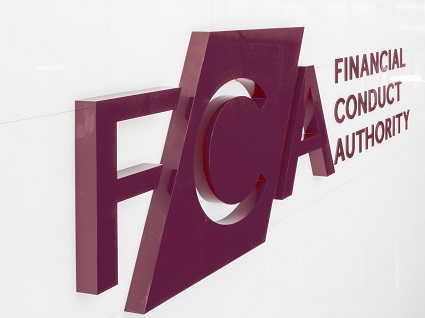The UK’s FCA has made it first criminal prosecution of an individual who ran a network of illegal crypto ATMs, which processed £2.6m in crypto transactions across multiple locations.
The FCA has charged Mr Olumide Osunkoya, who is 45 and resides in London, for unlawfully running multiple crypto ATMs without FCA registration.
Crypto ATMs are machines that allow you to buy or convert money into cryptoassets.
Osunkoya is accused of running the crypto ATMs between 29 December 2021 and 8 September 2023 without the required registration.
The charges mark the FCA’s first criminal prosecution relating to unregistered cryptoasset activity under the Money Laundering, Terrorist Financing and Transfer of Funds (Information on the Payer) Regulations 2017 (MLRs).
These are also the first charges brought against a person accused of running a network of crypto ATMs in the UK.
The charges follow the FCA’s recent operation, working in partnership with law enforcement agencies, to tackle illegally operated crypto ATMs across the country.
Therese Chambers, joint executive director of enforcement and market oversight at the FCA said: “Our message today is clear. If you’re illegally operating a crypto ATM, we will stop you.
“If you’re using a crypto ATM, you are handing your money directly to criminals. Criminals can exploit crypto ATMs to launder money globally.”
There are no legal crypto ATM operators in the UK.
The defendant will appear before Westminster Magistrates’ Court on 30 September 2024.
The FCA continues to warn people that if you buy crypto, you should be prepared to lose all your money. Crypto remains largely unregulated in the UK and is high-risk.
In early industry comment on the case, Nick Barnard, partner at Corker Binning, said:
“Whilst cracking down on unauthorised crypto ATMs makes for headlines, in reality this is a distraction from the real challenges faced by the FCA in regulating cryptoassets.
“Even at their peak in 2020, the number of crypto ATMs operating in the UK was estimated to be in the low hundreds. Partly as a result of FCA intervention, none of those are known to remain in operation. Even when they were, crypto ATMs served a niche market of those seeking to exchange physical cash for cryptocurrency.
“By way of illustration, whilst the £2.6m allegedly processed by Mr Osunkoya’s enterprise is not insignificant, it is dwarfed by the $226m of transactions handled by part of the Coinbase Group in contravention of a Voluntary Requirement, resulting in a recent FCA fine of £3.5m – https://www.fca.org.uk/news/press-releases/fca-first-enforcement-action-against-firm-enabling-cryptoasset-trading.
“The FCA is at a difficult crossroads. Whilst cryptoassets are not themselves within the regulatory perimeter, they are covered by the Financial Promotions Regime and all UK cryptoasset businesses are required to be registered with the FCA under the Money Laundering Regulations 2017.
“Whilst the extent to which the FCA will regulate cryptoassets in the future remains to be seen, the scope of its existing responsibilities – including supervising the AML compliance of all UK crypto businesses – should not be underestimated. Given the estimated value of cryptoasset activity in the UK is measured in hundreds of billions (https://cointelegraph.com/news/uk-top-crypto-economy-cnwe-chainalysis), crypto ATMs should be the least of the FCA’s worries.”





